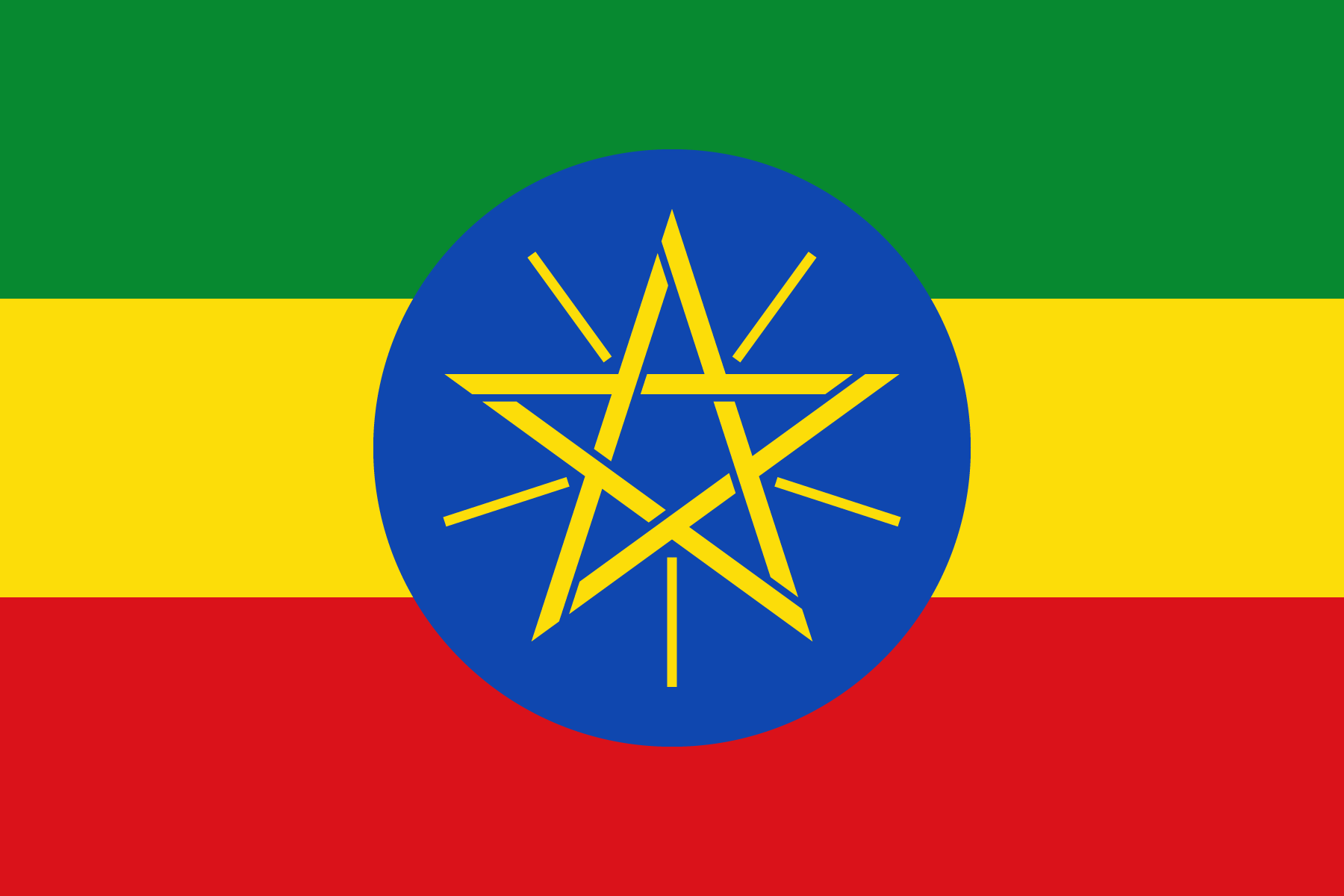On 16 June 2024, Adila Ahmed, a Sudanese refugee and mother of two children was killed while collecting food for her children near a refugee camping area in the Amhara region. She was killed when armed men shot her in the head while other refugees were injured. This incident is one of a series of incidents and attacks against 6000 Sudanese refugees trapped in a forest 64 kilometers from Sudan’s borders. The group of refugees includes 1100 women and 2000 children.
Thousands of Sudanese refugees crossed the borders to Ethiopia fleeing the war in Sudan in the last year. At least 6000 were residing in Olala and Komer camps near the Sudanese borders. These camps are located in a conflict area within the Amhara region. The refugees in these camps were victims of looting, kidnapping, and killing by armed groups in the area. The hostile conditions and lack of protection from the local authorities and international humanitarian groups drove thousands of refugees to move out of these camps seeking safety and protection. On 1 May 2024, over 6000 refugees including women and children decided to leave the Olala and Komer camps. The refugees were not able to continue their journey to a safer location and were forced to stay in a forest a few hours away from the camps.
For the last 50 days, the refugees in the forest have been deprived of their basic right to access food, healthcare, and water. They were not able to move safely to other locations. Refugees’ representatives who tried to share information and use social media to call for support received threats from local authorities. International organisations such as UNHCR and other groups were not able to provide protection or relocate those refugees to safer places. The incident that took place on 16 June has increased the fear of refugees for their lives. They are living in the forest with minimum access to food and no access to clean water. Refugees suffering from chronic illnesses and pregnant women have no access to medical care. Following these recent attacks, the 6000 refugees trapped in the forest called on the international community to protect them or relocate them to safe locations.
We recall that the Human Rights Council’s failure to renew the critical mandate on Ethiopia in October 2023, particularly in light of the investigation’s findings of the acute risk of ongoing and further atrocity crimes, demonstrates further the impact of the Council’s blind spots where mounting human rights violations remain ignored.
We, the undersigned groups and organisations, call on:
- Ethiopian authorities to immediately investigate the alleged attacks and protect these refugees from local armed groups and respect the Ethiopian government’s international commitments to protect refugees
- UN agencies such as the UNHCR and IOM to provide protection, and humanitarian support for refugees and help them find permanent and safe solutions
- the international community to immediately take action to protect these refugees, especially women and girls, according to the 1951 Refugee Convention on non-refoulment.
Signatories:
- Sudanese Women Rights Action (SUWRA)
- The Regional Coalition for Women Human Rights Defenders in Southwest Asia and North Africa (WHRDMENA)
- International Service for Human Rights (ISHR)




